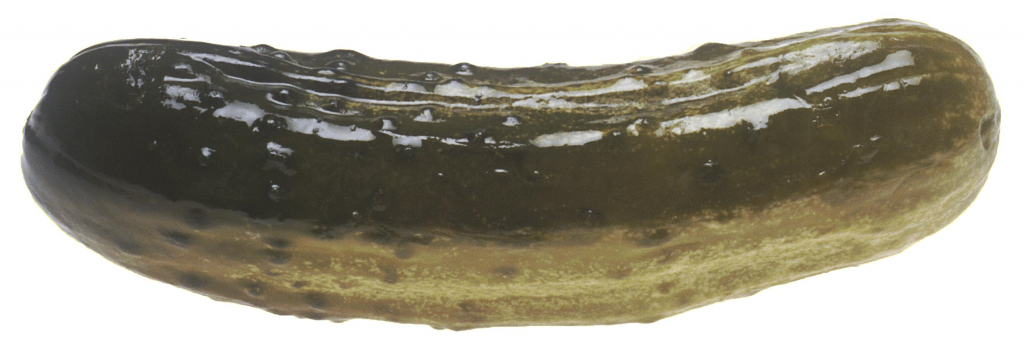On the forefront of fermentation in Philadelphia

By Sasha Rogelberg
At Martha, a bar and restaurant in Fishtown, Philadelphia, a pickle is more than just a cucumber wading in a salty brine.
The winner of Philadelphia Magazine’s Best Pickle last year, Martha has lots of fermented fare, including olives marinated in pickled peppers and preserved lemons, local cheese plates and charcuteries, and pickle boats with whatever vegetables are in season, from beans to broccoli to radishes. They even have a sandwich made up of almost entirely fermented foods called the “Vegan Jawn,” which is filled with a carrot terrine, consisting of fermented, pureed, and cooked carrots set with agar that gives it the consistency of a deli meat, fermented radish, and dried, miso-cured eggplant.
Though unique in their ingenuity for the uses of fermentation and pickling, Martha is not the only Philadelphia establishment with a fiending for fermentation. Local breweries like Fermentary Form, bakeries like Mighty Bread Company, and small distilleries across the city, are all fermenting foods and drinks for the public.
In fact, the process of fermentation — or the growth of healthy bacteria on foods to preserve and give them their funky, sour notes — has grown in popularity all over the country, mostly thanks for the slow food or “locavore” movement putting an emphasis on eating local foods, instead of buying from huge industrial companies.
Mike Landers, who does much of Martha’s fermentation, explained that people ferment and eat fermented foods for reasons ranging from the food being healthier, easier to store, and just as a way of using up food that would have gone to waste.
“Cooking makes things more digestible, but fermenting make food digestible and keeps more nutrients,” he said.
Landers, however, said that food becoming healthier through the pickling process was just a “happy accident.” He enjoys fermented foods because the process of developing bacteria on the outsides of vegetables and cheeses extracts deep and complex flavors that can’t be created with other cooking techniques.
Despite now being popular and more common in restaurants and small-batch breweries, fermentation is nothing new. Rather, it’s an activity that’s very old, but one that big corporations have lost interest in, as it takes time and resources that may only be available seasonally.
Ethan Tripp, the founder of Fermentary Form, started his business trying to resurrect an art he believes is now scarce.

The crowd at Fermentary Form
Tripp explained that back in the 1700s before people understood that there were multiple microbes, or the bacteria that is responsible for foods fermenting, or a “microbial world,” people would replicate the food preparation practices that worked for them.
This was how beer and wine were created, and after people realized one could consume spoiled beer and wine in the form of vinegar, this is how vinegar was created and popularized as well. Continue reading
